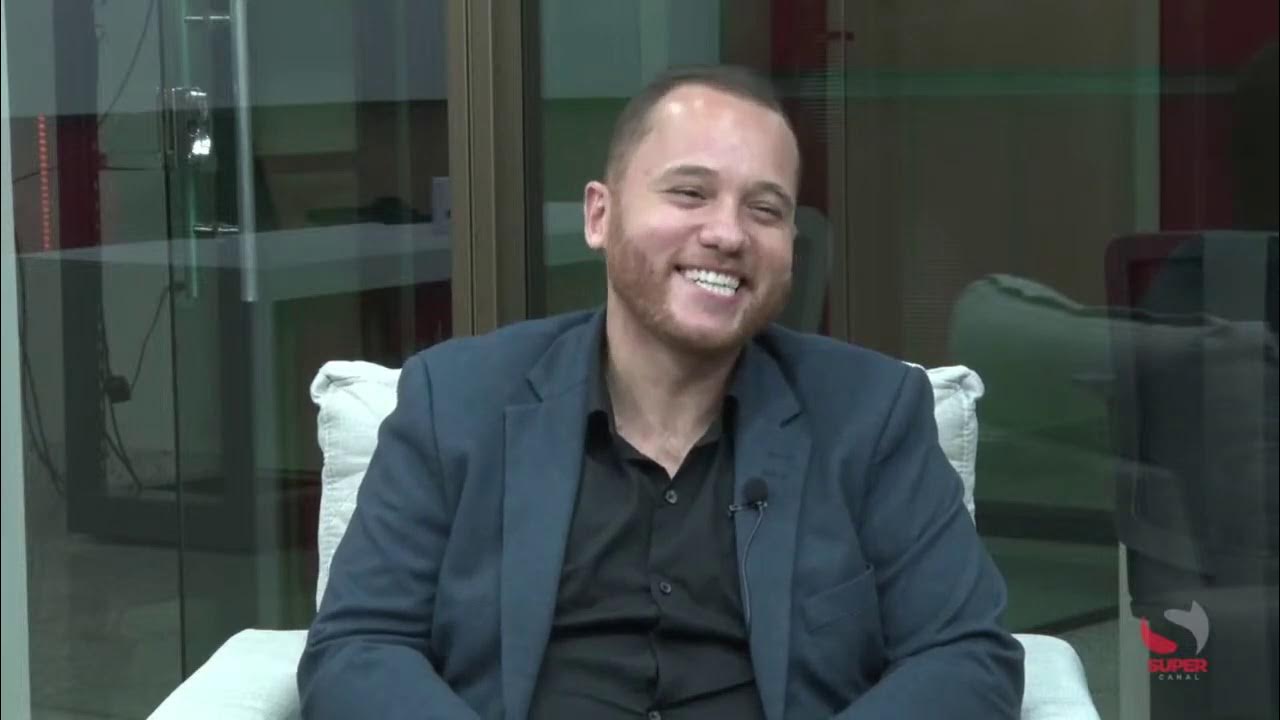Política - quem manda, por que manda, como manda - João Ubaldo Ribeiro | Leituras
Summary
TLDRThe video reflects on the importance of leadership, emphasizing that a president or leader must be a good manager who recognizes their limitations and seeks input from experts. The speaker stresses the value of diverse perspectives in society and education, advocating for critical thinking over a single truth. They highlight the role of educators in presenting multiple viewpoints, fostering independent thought. The speaker also shares their newfound insights from a book that broadened their understanding of politics and society, urging viewers to embrace a more open-minded, pluralistic approach to leadership and learning.
Takeaways
- 😀 The future president should be a good manager, understanding their limitations and seeking guidance from qualified individuals.
- 😀 Effective leadership requires the ability to recognize and leverage the expertise of others to make informed decisions.
- 😀 Education should encourage critical thinking by presenting various perspectives, not just a singular point of view.
- 😀 Teachers should teach students to analyze both the left and right perspectives, fostering independent critical thinking.
- 😀 There is no single truth in society; it is pluralistic and includes multiple viewpoints and cultures.
- 😀 The danger of an authoritarian system arises when a single narrative or truth dominates, eliminating diverse perspectives.
- 😀 A good teacher challenges students to think critically by presenting different viewpoints and providing a solid theoretical foundation.
- 😀 Society needs a broader understanding of politics and the importance of pluralism to avoid authoritarianism and promote critical thought.
- 😀 The speaker emphasizes the importance of well-rounded, formal education in shaping informed citizens.
- 😀 The video is a reflection of the speaker’s thoughts on a book that broadened their perspective on society and politics.
- 😀 The speaker encourages an open mind and critical evaluation of all perspectives, rather than adhering to one dominant narrative.
Q & A
What is the central idea behind the speaker's argument in the video?
-The central idea is that leadership requires strong management skills, an understanding of one's limitations, and the ability to seek guidance from knowledgeable experts. The speaker emphasizes the importance of critical thinking, pluralism in education, and avoiding a singular or authoritarian viewpoint.
Why does the speaker mention the need for leaders to surround themselves with educated people?
-The speaker suggests that a good leader must recognize their limitations and should rely on experts with formal education to guide decision-making. This ensures well-informed and balanced approaches to complex issues.
What does the speaker mean by a 'plural society'?
-A plural society refers to one where multiple viewpoints, cultures, and values exist, and where no single perspective or truth dominates. The speaker emphasizes that this diversity is important for understanding politics and society.
How does the speaker define a 'good teacher'?
-A good teacher, according to the speaker, is one who fosters critical thinking by presenting diverse perspectives, including those from the left and the right, and allows students to critically analyze and form their own independent views.
What warning does the speaker give regarding the teaching of history?
-The speaker warns against presenting history from a single perspective, as it could lead to an authoritarian system. History should be presented with a broad, critical viewpoint that acknowledges multiple angles and interpretations.
What does the speaker mean by 'the truth' in the context of the video?
-The speaker asserts that 'truth' is not singular. Instead, multiple perspectives exist, and a comprehensive understanding of any subject requires recognizing and considering these diverse viewpoints.
Why does the speaker bring up the concept of critical thinking in education?
-The speaker stresses the importance of critical thinking in education because it allows students to develop their own understanding of the world. It challenges them to evaluate various viewpoints and think independently rather than accept one-sided narratives.
What is the significance of the book the speaker mentions?
-The book mentioned by the speaker had a profound impact on their understanding of politics and society. It broadened their perspective and influenced their thoughts on how society should approach political discussions and education.
What is the speaker's view on political ideologies and their role in education?
-The speaker believes that students should be exposed to a variety of political ideologies, including those on both the left and right. This allows students to understand the pros and cons of each and form their own critical perspectives, avoiding a biased or authoritarian viewpoint.
What is the overall tone of the speaker's message in the video?
-The overall tone is reflective and somewhat informal. The speaker presents their thoughts in a stream-of-consciousness manner, expressing personal insights on leadership, education, and societal issues while encouraging critical thinking and diversity of thought.
Outlines

This section is available to paid users only. Please upgrade to access this part.
Upgrade NowMindmap

This section is available to paid users only. Please upgrade to access this part.
Upgrade NowKeywords

This section is available to paid users only. Please upgrade to access this part.
Upgrade NowHighlights

This section is available to paid users only. Please upgrade to access this part.
Upgrade NowTranscripts

This section is available to paid users only. Please upgrade to access this part.
Upgrade NowBrowse More Related Video
5.0 / 5 (0 votes)





